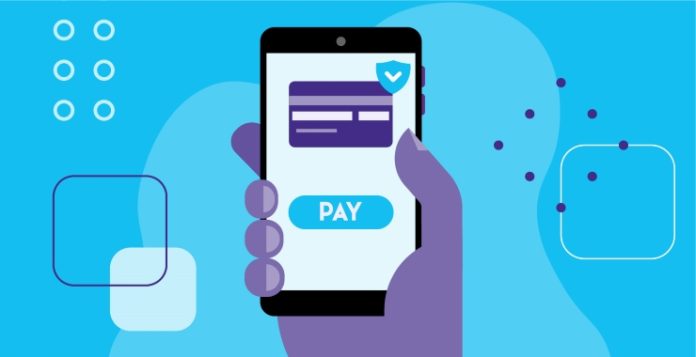If you’re online doing business, whether e-commerce or any business, you will need a reliable payment gateway for easy transactions. In this digital era, online payment has become an essential part of business operations. One of the widely used online payment methods used in India is payment gateway.
Providing customers with a reliable payment gateway is essential for long-term success. Customers will feel safe sharing details about their bank and won’t mind connecting to a link or app. Further, a payment gateway will be a secure transmission between the customer and the merchant or financial bodies.
These cashless transactions can save a customer’s time by making digital payments easy. Whether your business deals with customers daily or weekly, it’s a good idea to leap into technology to meet customer requirements with online payment systems.
What is a Payment Gateway?
A payment gateway is a medium between organizations and authorized banks. It allows for smooth and safe transactions. It’s a cloud service where the details of the customers are captured and sent to the bank for authorization. Once approved, it allows money to be transferred from one account to another without any paperwork in an encrypted format.
Why are Payment Gateways Important?
Payment gateways are beneficial in many ways, which makes them crucial for securely automating the payment process.
Payments processed using a payment gateway are secure as it sends customer data using encryption, i.e., all the data like account numbers, IFSC code, and personal details are all sent in an encrypted format. It helps protect confidential information from hackers or cyber-attacks.
An automatic payment gateway is an efficient process that eliminates the use of manual operations and errors caused while doing it. It helps businesses save time and money and perform procedures without glitches.
Payment gateways are more convenient and flexible than traditional methods. They offer services for multiple payment sources like credit cards, Debit Cards, net banking, or other online modes like UPI or QR codes offering satisfaction and convenience to both customer and the organization.
Most payment gateways support global transactions that allow businesses to sell their products and services to customers abroad.
With a payment gateway, businesses can analyze both the inflow and outflow of money. It can help in making decisions based on data.
How do Payment Gateways Work?
Here’s how payment gateways work:
- The customer initiates a payment request on the merchant’s website or app by entering all required details like card number, CVV, and expiry date or account details.
- The data is then transmitted to the payment gateway, which encrypts it to protect it from hackers.
- The encrypted data is transferred to the authorized bank for verification. If the details are authorized, and the bank approves payment, a message is sent back to the gateway processor.
- The gateway processor then approves payment on the merchant’s website or app. Afterward, the transaction happens successfully between the bank and the merchant.
Features of a Secure Payment Gateway
A secure payment gateway must have the following features:
- The gateway should be secured with an SSL encryption certificate to protect customer information from breaches or hackers.
- It should have a fraud detection alert system that helps alert customers and merchants for fraudulent activities or unknown money transfers.
- The gateway should use a token system for storing sensitive payment data in an encrypted format, which can help prevent any losses from burglars.
- The government should have approved a payment gateway if it complies with all rules and regulations. It will ensure that the gateway is genuinely secure and trustworthy.
- When dealing online, it’s always best to have 2-factor authentication. Check if the gateway offers this feature for an extra layer of security for customers’ data like OTP, biometrics, and security questions.
These are just a few features that a payment gateway should have. With improving technology, payment gateways may have more add-ons considering better user interface, security, efficiency, and reliability.
How to Integrate a Payment Gateway with Your Online Business?
Now that you know how vital a payment gateway is and how to select one, it’s time to understand how to integrate it with your online business in a few simple steps.
- First, you must find the right payment gateway that meets your business needs. There are a lot of options out there, so give it a thought and finalize which one is right for your business.
- Once you are done with this, set up an account with the payment gateway provider by sharing details like your business name, email, and bank account.
- Integrate the payment option on your website by adding a form or payment button linking to the payment gateway. Usually, there are different integration options that the gateway offers.
- Now, test the payment gateway by making a test transaction to ensure it works properly. Once the transaction is successful, you’re ready to accept online payments.
Conclusion
Payment gateways have become an integral part of online businesses as customers highly rely on an online payment system. To offer improved customer experience, companies must integrate and automate payments for secure transactions.
For more informational content, visit Techfily and get updated.


